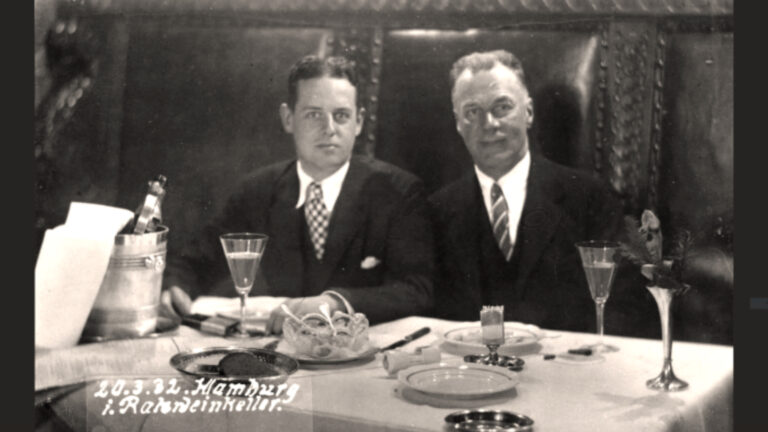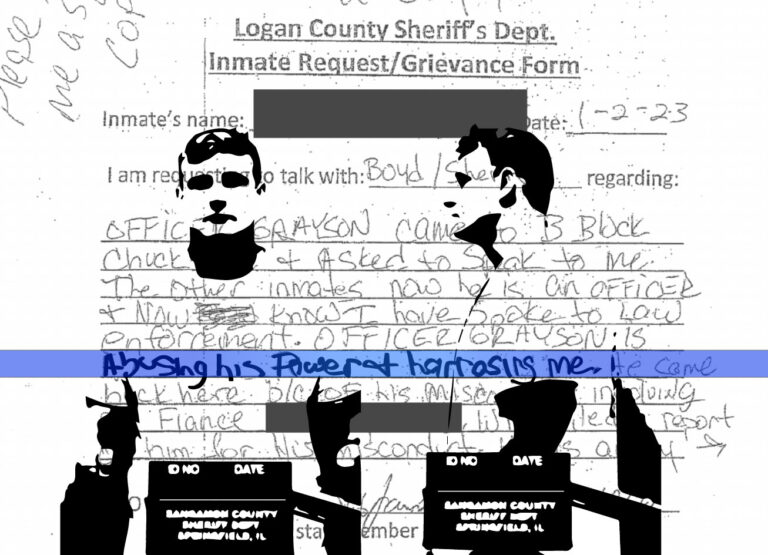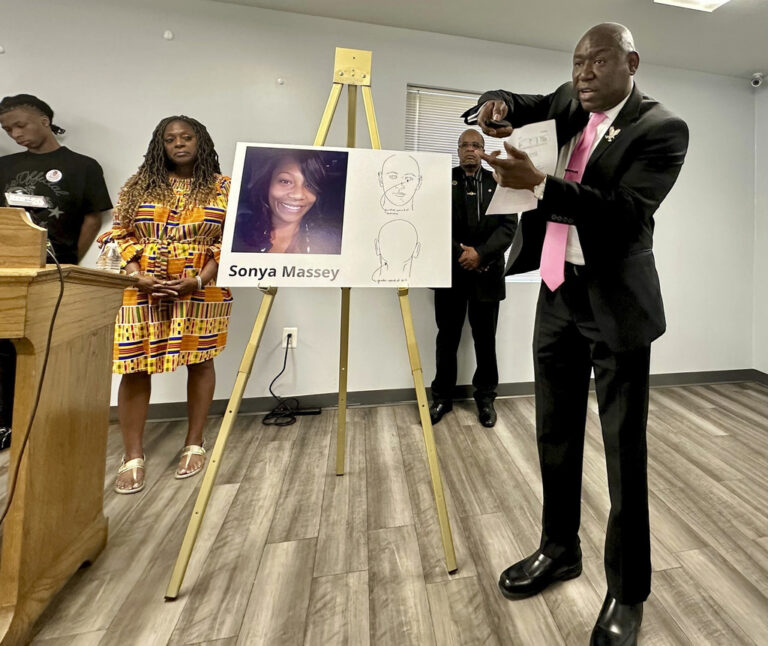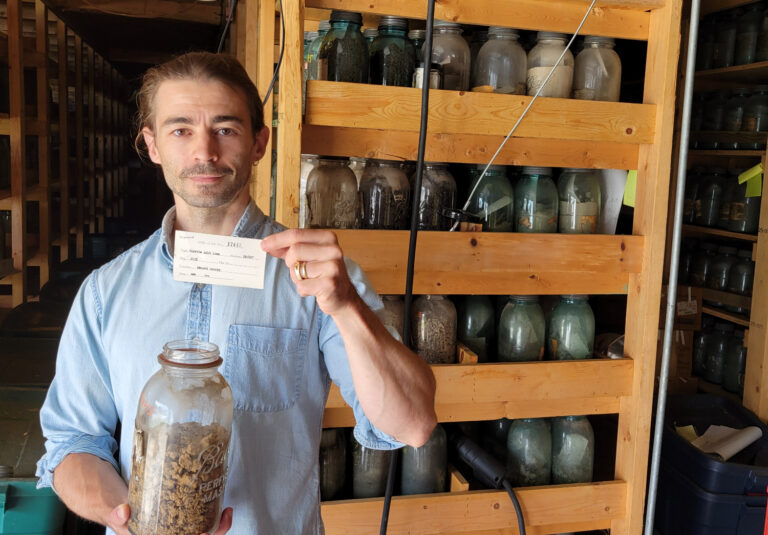Not only is Allerton Park the self-proclaimed best-kept secret of Illinois, but its founders carried a secret of their own as well.
University of Kansas professor Nicholas Syrett’s latest book details the relationship between the park’s namesakes, Robert and John Gregg Allerton – a gay couple who claimed to be a father-son duo in public.
The book, “An Open Secret: The Family Story of Robert and John Gregg Allerton,” was released in April 2021.
In it, Syrett explains how Robert was 26 years older than John Gregg. The pair began posing as father and son in the 1920s to conceal their relationship as a gay couple, which Syrett said was a strategic move to avoid suspicion.
“It would be strange for these two men separated in age by 26 years to start living together without some explanation for why it was,” he said during an appearance on “The 21st Show” on June 20.
Syrett said Robert Allerton had immense family wealth and eventually bought several acres of land near Monticello, which is now a retreat center owned by the University of Illinois.
Robert’s immense wealth contributed to his and John’s need to hide their relationship from the public eye, Syrett said. Yet, his family’s affluent status made it easier for the duo to mask the true nature of their romance.
“If he wanted to bring this young man around with him everywhere he went, they had to have some sort of story, and that was mostly because of how wealthy he was,” he said. “The wealth, though, was what allowed them to get away with it. There were very few people in a position to push back publicly on the story.”
However, Syrett said that those who knew the duo well were probably aware of their romantic relations.
“Robert is a single man who is not married who adopts another single man, and then neither of them seems to date or marry anyone at all,” he said. “Even if we were to believe them in their claim of being adopted father and son, nothing in that relationship precludes a relationship, like a conjugal relationship with women, so even for those who might have believed them, they would have found it a little perplexing.”
Syrett said the couple’s father-son facade was not a standard feature of other same-sex relationships at the time. He said relationships among working-class gay people were usually more clandestine than upper-class ones.
Even after Robert died in 1964, John continued to reinforce the idea of him being Robert’s adopted son. Syrett said he guesses that John was worried that people may have found their relationship sketchy.
“They were acting as father and son, but they were really a couple,” he said. “This might have been difficult for some people to swallow, it would have made them uncomfortable.”
But even though the two kept their relationship from the public eye, they didn’t conceal their racism.
According to Syrett, letters from the University of Illinois archive show that both Robert and John shared racist beliefs. He said that during his time as a student at the University of Illinois, John was also a member of the university’s Klu Klux Klan chapter.
“They insisted on traveling in certain places where they would not run into people of color or Jews,” he said. “This is, of course, weirdly ironic, because they traveled all over the world where all they did was interact with people of color.”
Syrett said the couple’s messages represent the prejudices of wealthy white men in the 1900s.
Robert and John’s legacy is represented in Monticello’s Allerton Park and the Allerton Garden in Kaua’i, Hawaii, Syrett said. The couple also donated a substantial amount of money to the Art Institute of Chicago and the Honolulu Academy of Arts.
As a historian, he said the Allerton legacy is in understanding how homosexuality was perceived and stereotyped, along with how it prevented them from living an open life together.
“They were so privileged in every other way in their life, just not in this one particular way,” Syrett said. “So it’s a way of sort of understanding the options that queer people in the past faced and the decisions that this particular pair of people made.”







